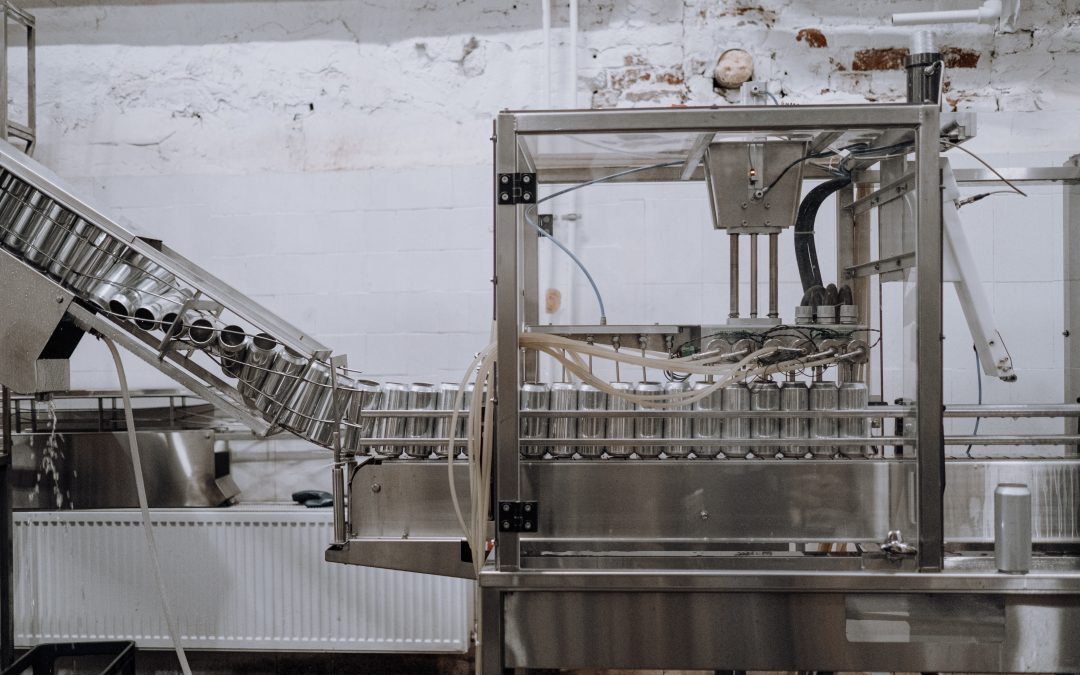Every business depends on reliable power — but the reality is that power interruptions happen more often than many people realise. Even a momentary power cut or surge can stop production, knock servers offline, or corrupt vital data.
A UPS system (Uninterruptible Power Supply) is one of the most effective tools for ensuring business continuity when the unexpected happens. Let’s explore how.
What Is Business Continuity?
Business continuity means your organisation can keep operating — or quickly recover — during disruptive events such as:
-
Power outages
-
Equipment failure
-
Cyber incidents
-
Natural disasters
For many companies, power loss is the most common and preventable cause of disruption. That’s where a UPS system plays a vital role.
1. Instant Power During Outages
When mains power fails, even for a second, computers crash, machinery halts, and data is lost.
A UPS provides instant backup power, switching to its internal battery in milliseconds. That means:
-
No interruptions to production or service delivery
-
Servers stay online
-
Employees keep working
-
Customers remain connected
In short, the UPS keeps your critical systems running — often so smoothly that no one even realises a power cut occurred.
2. Protection from Voltage Fluctuations
Power doesn’t always fail completely. More often, it fluctuates — dipping or spiking in voltage. These small variations might seem harmless but can damage sensitive components over time.
A UPS acts as a power conditioner, smoothing out the supply so that only clean, stable electricity reaches your equipment. This prevents costly downtime caused by damaged electronics and extends the life of your hardware.
3. Safe System Shutdowns
If a power outage lasts longer than your UPS battery runtime, the system gives you the time and control to shut down equipment safely.
This means:
-
No corrupted files
-
No damaged databases
-
No lost transactions
For businesses running servers, manufacturing lines, or point-of-sale systems, this control is crucial for continuity and data integrity.
4. Seamless Integration with Generators
Many organisations use a UPS alongside a backup generator.
-
The UPS provides instant power as soon as the mains fails.
-
The generator starts up a few seconds later and takes over for longer outages.
Together, they create a fully resilient power strategy that ensures zero downtime — a cornerstone of any effective business continuity plan.
5. Reducing the Cost of Downtime
Downtime costs UK businesses thousands of pounds per hour in lost productivity, missed orders, and reputational damage.
By preventing even short interruptions, a UPS pays for itself many times over through:
-
Reduced losses during outages
-
Fewer equipment failures
-
Improved operational reliability
-
Higher customer satisfaction
6. Meeting Compliance and Industry Standards
In sectors like healthcare, finance, and data management, continuous power isn’t optional — it’s a legal or regulatory requirement.
Installing a UPS system helps your business meet these standards while protecting you from penalties or data breach risks.
Power Saver: Supporting Business Continuity Across the UK
At Power Saver, we design and maintain UPS systems that keep your business running — no matter what happens to the power grid.
Our experts can help you:
-
Assess your power risks
-
Specify the right UPS capacity
-
Integrate it with existing infrastructure
-
Maintain it for long-term reliability
Don’t Let Power Problems Stop Your Business
Power failures are unpredictable — but your response doesn’t have to be.
Contact Power Saver today to discuss how a UPS system can strengthen your business continuity plan and protect your operations 24/7.

